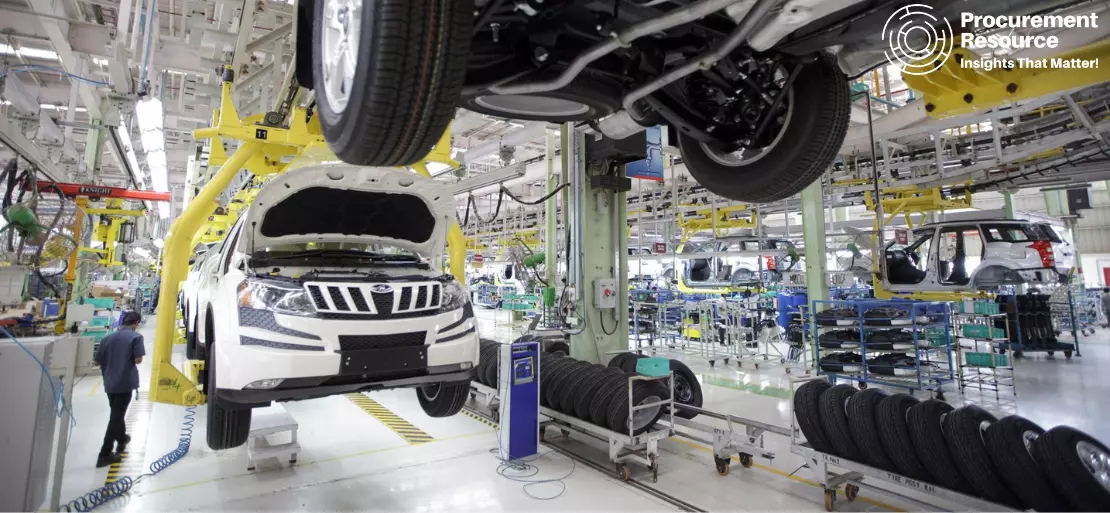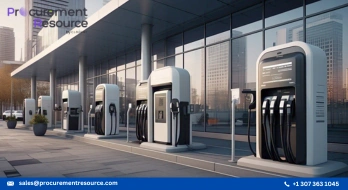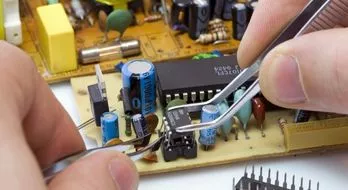Indian Automaker Mahindra Expects September Car Output Down by a Quarter Due to Chip Shortage

The Indian automotive industry is gradually getting out of the COVID-induced lockdown challenges. In anticipation of the festive season, dealers are getting robust enquiries and order bookings across segments. The consumer sentiment is positive, and demand for new vehicles is strong. However, the vehicle demand-supply balance is unequal. The long-standing semiconductor or chip shortage is hampering the production schedules.
In the past few years, the use of semiconductors in the automotive industry has increased globally, with new models featuring an increasing number of electronic features such as Bluetooth connectivity and driver assistance, navigation, and hybrid-electric systems.
The rise in COVID-19 cases in Malaysia and the drought situation in Taiwan, the two countries that are among the major suppliers of semiconductors in the world, have affected the semiconductor supply and the pandemic woes. As a result, from July to August, many OEMs have reported a decline in sales on a sequential basis.
While the semiconductor shortage continues to impact the auto industry globally, the recent lockdowns in East Asia have worsened the supply situation. Following supply chain disruptions caused by the pandemic, Indian automaker Mahindra and Mahindra Ltd. predicted a 20-25% drop in September vehicle production due to semiconductor shortages.
Chip shortages have hit car makers around the world, and the industry has warned of more distress ahead due to stiff competition from the consumer electronics industry for semiconductor deliveries.
The drop in production volumes would affect Mahindra's revenue and profit, but the company's tractor, truck, bus, and three-wheeler production would be unaffected.
This month, the company's automotive division plants will have about seven "no production days”. Following the update on Thursday, Mahindra's stock dropped as much as 1.5%, but recovered some of the loss by 0540 GMT.
The automaker assured that there would be no material impact of the above event on the XUV 7OO production ramp-up and launch plans. Further, the company’s tractor operations, exports, truck, and bus business and 3-wheeler production will also remain unaffected. However, as the situation is dynamic, the company reviews the supply situation, and all efforts are being made to minimise the impact.
Auto dealers said the semiconductor shortage may result in sales dropping by about 30% during the upcoming festival season. Generally, the festival season accounts for a third of the yearly sales for most dealerships.
Early this week, Maruti Suzuki also said due to a shortage of semiconductors, it is expecting a severe slump in total production volumes at its manufacturing plants in Haryana and Gujarat in September. As a result of the drop in sales volume and a 3.5% point increase in raw material costs, Maruti Suzuki's operating profit margin fell to 4.6% in the June quarter.
However, Maruti is not the only car maker experiencing the loss. Manufacturers worldwide have been hit by multiple supply chain disruptions owing to chip shortages during the pandemic. Moreover, they face tough competition from the electronics consumer industries like hardware devices, telecom, and chip deliveries.
In August, Mahindra's passenger vehicle sales were down 24%, Maruti sales fell 22.8%, and Tata Motors Ltd (TAMO.NS) sales were down 7.2% month on month.
A prolonged global chip shortage has also caught Ford Motor Co (F.N), Honda Motor Co Ltd (7267.T), General Motors Co (GM.N), and Volkswagen AG (VOWG p.DE) off guard, forcing many to idle or curtail production.
Tata Motors warned in July that the chip supply shortage in the second quarter would be worse than the first. Nissan Motor India, which sells models across its two brands, Nissan and Datsun, also said that the customer sentiments are positive with the start of the festive season. Still, the challenge is on the supply side with shortages and increased lead time of semiconductor supply.
Due to shortages and rising prices, automakers have shifted their focus to high-margin models and passed on some of the costs to customers. As a result, Maruti hiked prices four times this year, while Tata Motors and Mahindra have also increased prices.
On the two-wheeler side, healthy demand generation at the retail level remains tough, and thus supplies of companies such as Hero Moto and Honda two-wheelers to dealerships were constrained. Hero’s sales were down 24%, while Honda’s numbers were less by 6%. The manufacturing of automobiles is likely to be affected for the coming months as well as the production of chips is still unable to meet the uprising demand.



